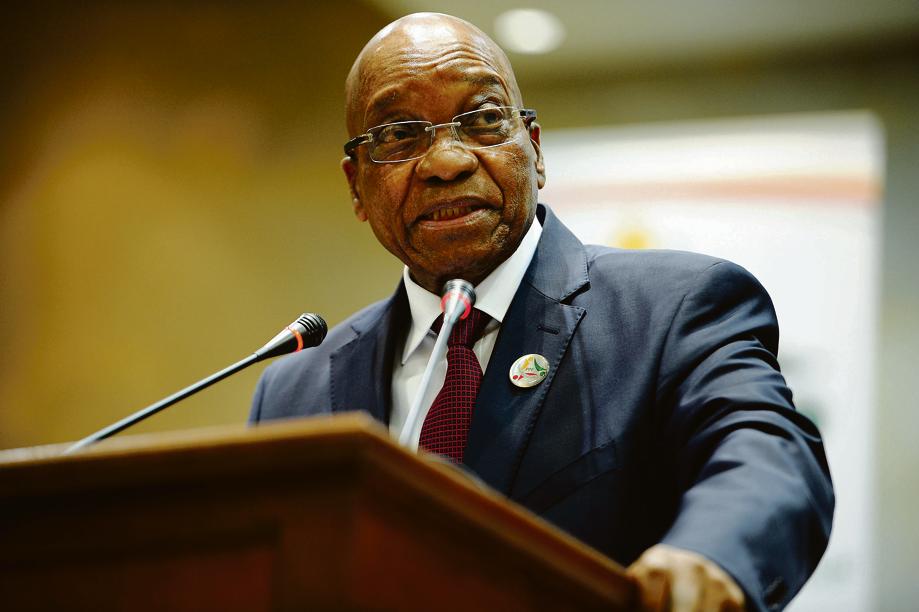President Jacob Zuma’s unexpected and untimely reshuffle in the Finance Ministry has cost the country as much as free tertiary education could have cost, according to financial analyst, Dr Co-Pierre Georg. Zuma took the nation by surprise on Wednesday evening when he announced the removal of finance minister, Nhlanhla Nene, replacing him with relative unknown, David van Rooyen.
The move reportedly sought to pave the way for Nene’s nomination for a position at the African Regional Centre of the New Development Bank/BRICS Bank, although many have attributed the former minister’s refusal to approve SAA’s Airbus A320/A330 swap deal, as well as his cost cutting measures within government as the reason behind his removal.
Van Rooyen lasted barely four days in the job before the president gave into public pressure and reappointed former finance minister, Pravin Gordhan. Nene’s departure and the short stint of van Rooyen saw the rand plummet to a record low and the country’s market value is believed to have taken a whopping R290 billion knock in the process.
Georg, a member of the African Institute of Financial Markets and Risk Management (AIFMRM), says that while markets have reacted positively to the reversal of van Rooyen’s appointment, there remains an air of uncertainty created by the moves.
“What happened when Nene was dismissed and the rand started losing in value was that all of our imports became more expensive because we don’t pay them in rands, we pay them in foreign currency. That holds especially for oil, South Africa is quite dependent on oil and if the rand plummets and devalues then we need to pay much more for the oil we are importing,” said Georg, a lecturer in micro-finance, microeconomics of Banking, computational economics, and quantitative finance at UCT.
Apart from hitting the wallets of everyday consumers, such a move could also have consequences on interest rates, making it more difficult for businesses and individuals to take out loans or make investments.
“It remains to be seen how much the flip-flop will actually calm our markets and help the rand, but it has helped a little bit; I think the rand gained 5%. You could see minutes after the announcement…there was a massive jump in the rand,” he notes.
With the rand on a declining trajectory over the past two years, Georg suspects the long term effects of the reshuffles will likely be negative for the economy, although this could be dependent on the domestic policies that follow.
“The difficult thing is to actually restructure our economy so that we are less dependent on foreign imports and we strengthen our export sector.
“At the moment a lot of it (exports) is actually agriculture and commodities; commodities are doing badly because the world economy is doing badly. So we need to encourage small-medium enterprises, start-ups and the services sector instead of comodities and agriculture. None of that happens to be in the priorities that government shows through their policies,” he admits. VOC (Mubeen Banderker)






 WhatsApp us
WhatsApp us 


1 comment
South Africa is now in denger becouse of one man who has been looting for country for sometime and manage to getaway with it all most.